Mangue Sylla and The All-Star Drummers of Guinea - Dunnun Kan (2015) [Hi-Res]
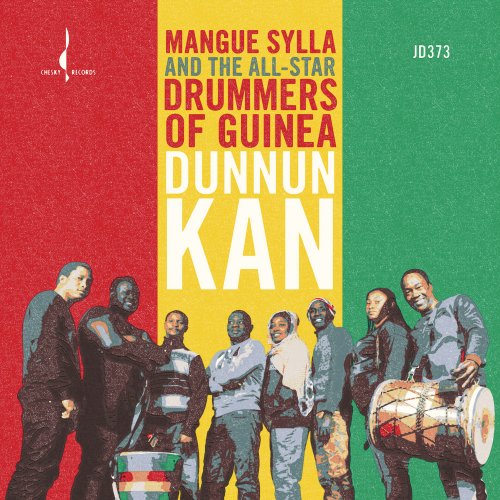
Artist: Mangue Sylla and The All-Star Drummers of Guinea
Title: Dunnun Kan
Year Of Release: 2015
Label: Chesky Records
Genre: World, African
Quality: 24-bit/192kHz FLAC & booklet
Total Time: 52:43
Total Size: 1.68 GB
WebSite: Album Preview
mangue sylla - Djembe, Dununba, and sangbanTitle: Dunnun Kan
Year Of Release: 2015
Label: Chesky Records
Genre: World, African
Quality: 24-bit/192kHz FLAC & booklet
Total Time: 52:43
Total Size: 1.68 GB
WebSite: Album Preview
fomoro Diuobate - Balafon
sekou Pablo Dembele - Djembe
Aboubacar Kouyate - Djembe
Abdulla Toure - Dununba
Abou Tanakan Camara - Djembe
nima Tanaka Camara - Vocals
missia soran Diuobate - Vocals
Dynamic percussionist Mangue Sylla returns to his West African roots, first visited on his 2007 debut recording Kon Koura. The Guinea native’s traditional drumming style showcases his profound mastery of the country’s distinctive percussive instruments: the sangban, doundoun, and djembe. Dunnun Kan is rich with the great strides made by Sylla in the eight years since releasing Kon Koura; his playing is more masterful and electrifying than ever before, yet he still delivers the familiar history and rich stories of his native Guinea, drumming like an artful archivist.
Sylla, born in Conakry, Guinea, is known for blending the traditional Guinea-style drumming, long played throughout the country’s villages, along with a “ballet-style” of drumming that features the three drum doundoun set originated by Lancei Kante of the well- known group Percussions De Guinée. A drummer since the age of seven, Sylla has studied with the foremost Guinea drum masters, learning the native stylings that have long been a part of Guinea’s West African culture, and now, part of Sylla’s own legacy.
These days, Sylla calls New York his home, and he has become one of the most sought- after West African percussion teachers and performers in the states. He regularly teaches his craft around the U.S. at drum and dance camps, as well as leading retreats back to his native Guinea, touring villages and sharing the raw music of Guinea’s vibrant percussionist community with the retreat attendees. He also serves on the accompanist staff at both The Ailey Extension and Barnard College.
Here, on Dunnun Kan, Sylla and his ensemble play so seamlessly that they become instruments themselves, played by something greater than their obvious musical mastery, almost otherworldly. You can hear the long history of Guinea’s percussion masters who’ve played these instruments for decades—even centuries—before Sylla (and presumably they’ll be played long after Sylla as well). Every beat is a journey of timeless sound that began long ago in Guinea, and continues throughout every track on Dunnun Kan, captured in time, like a photograph taken 100 years ago. Still, you need not be versed in African history, the native Guinea drumming styles or the instruments that make this music so unique for Dunnun Kan to move you.
What is it about drumming—African drumming particularly—and the deep sounds of the sangban drum Sylla is best known for that resonates so deeply with its listeners? Why do we stop on the streets or subway platforms and listen in earnest to a simple drumbeat? Drumming reminds us of something familiar, something important. While Sylla’s style may originate from a small regional musical tradition, the power of that simple drumbeat, strikes a chord with its listeners, no matter where we’re from or what music we call our own. Perhaps it is because there is something so familiar, like that deep rhythmic beat inside our own bodies, that makes drumming such a beloved craft near and dear to our own hearts.
Every culture on earth has played drums and percussion; they’re ceremonial instruments that reflect and echo in the human spirit because they’re the closest instruments to our own hearts, magically keeping that rhythm that keeps us alive. Or perhaps we love drumming for another reason: because of the way the rhythm transfixes us and brings our wandering minds into a clear focus with the present moment, and that timeless story of sound. We’re able to stop the chatter in our own heads briefly and let the repetitive pulse clear away our distractions, our stresses, our worries. Or perhaps it’s simply the incredible musicianship itself that masters like Sylla make so profound and captivating—keeping us focused on the fast fingers and hands that are able to hold the beat as if it were like riding a rollercoaster where the track keeps you going even if you feel like you’re going to slip. But the opposite is most true: the percussionists must become that track, holding the rhythm in place, refusing to let it drop away. We know this, of course, and we can’t take our eyes off of it. How do they move so quickly, so effortlessly, so perfectly, beat after beat after beat? We know of the countless hours of practice and getting it wrong before it’s perfect every time. And while only a few among us have what it takes to become master musicians, we relish their efforts like we do our favorite soccer or basketball team. Their talent, their skill, it’s all of ours, and we can’t help but to watch and listen, to drift into their music as if it were our own. As Sylla demonstrates, drumming is more than just making contact with the instrument, it’s also that brief yet profoundly silent space in between the rapid beats that actually makes them matter. And Sylla knows where to find them, where they belong, how to bring them to life and how to use them to tell his story, to tell the story of his country and his ancestors, to tell the story of our long love for the drum. He knows just where to take us, touring us through the villages and tales of his native Guinea with a sound and rhythm that’s uniquely his own, yet also all of ours.
Recorded at the Hirsch Center, in Brooklyn, New York with his talented ensemble, Sylla’s journey on Dunnun Kan begins with “Doundounba” a delicate build up of sound that invites the listeners to join him on this sonic rhythmic journey deep into the beat. The record’s journey continues, with intensifying percussive rhythms and the compelling vocal work from Nima Tanaka Camara and Missia Soran Diuobate (“Kassa,” “Ginafare,” “Mamasata”), orienting the listener through the drumbeats on the electrifying tracks that weave together a story filled with both sound and silence.
Things really heat up on “Dja” and “Sogononkoun,” and if you’re looking for an excuse to get on your feet and start moving those hips, this would be an appropriate time. After all, drumming is only one-half of the equation. The other half being the dancing, the visual accompaniment to the music that’s so vital to the experience.
“Dundunba Sangba,” the album’s final track is a mesmerizing twelve minutes long, yet don’t be surprised if it only feels like twelve seconds as its trance-inducing pulse will keep you so rapt that time might seem to melt or stand still or both.
At a time when the world is full of distractions, Mangue Sylla offers listeners a necessary escape through the rhythmic focus of Dunnun Kan—it’s a tempo respite from the busy world around us and an invitation to something more, something bigger than our everyday lives. Like a pulsing reminder that the present moment is all we really have, it weaves us around and through the human heart and spirit and into that space that’s both here and now and everywhere else all at once. It’s more than just a drumbeat, it’s the rhythm of life.
—Jill Ettinger
Tracklist:
01. Mangue Sylla and The All-Star Drummers of Guinea - Doundounba (5:15)
02. Mangue Sylla and The All-Star Drummers of Guinea - Soli (5:07)
03. Mangue Sylla and The All-Star Drummers of Guinea - Kassa (4:40)
04. Mangue Sylla and The All-Star Drummers of Guinea - Komodenou (5:16)
05. Mangue Sylla and The All-Star Drummers of Guinea - Ginafare (4:38)
06. Mangue Sylla and The All-Star Drummers of Guinea - Dja (5:52)
07. Mangue Sylla and The All-Star Drummers of Guinea - Mamasata (6:17)
08. Mangue Sylla and The All-Star Drummers of Guinea - Sogononkoun (3:37)
09. Mangue Sylla and The All-Star Drummers of Guinea - Dundunba Sangba (12:01)
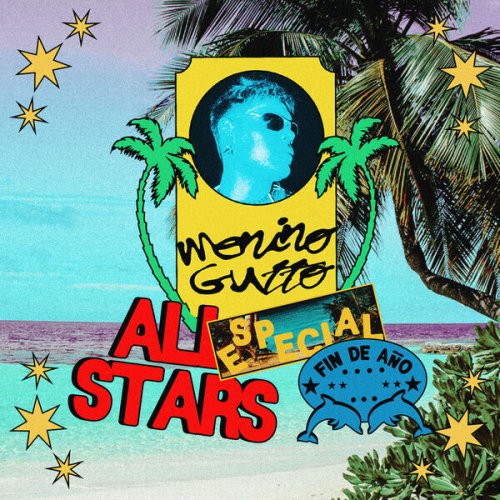
![Erwan Keravec - Whitewater (2025) [Hi-Res] Erwan Keravec - Whitewater (2025) [Hi-Res]](https://img.israbox.com/img/2025-12/21/2e6xtjojbwml63os6dxwp1bzj.jpg)

![Pharoah Sanders - Love is Here: The Complete Paris 1975 ORTF Recordings (2025) [Hi-Res] Pharoah Sanders - Love is Here: The Complete Paris 1975 ORTF Recordings (2025) [Hi-Res]](https://www.dibpic.com/uploads/posts/2025-12/1766433183_a3712374313_10.jpg)
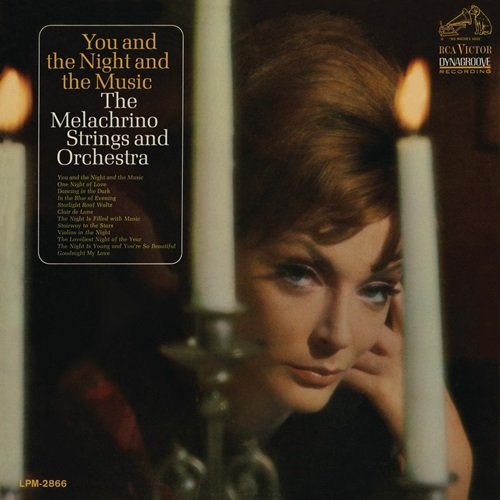
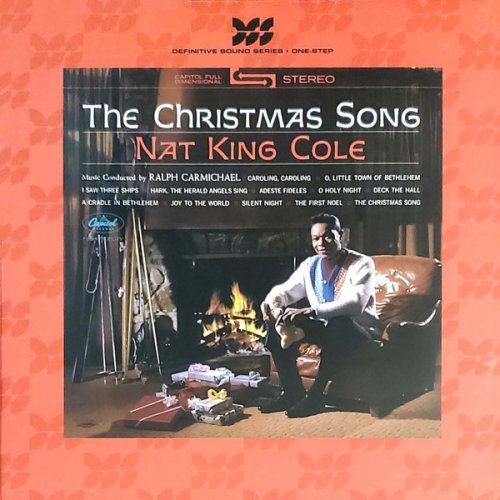
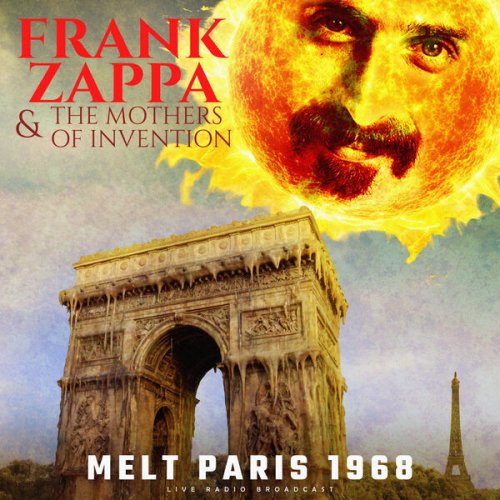
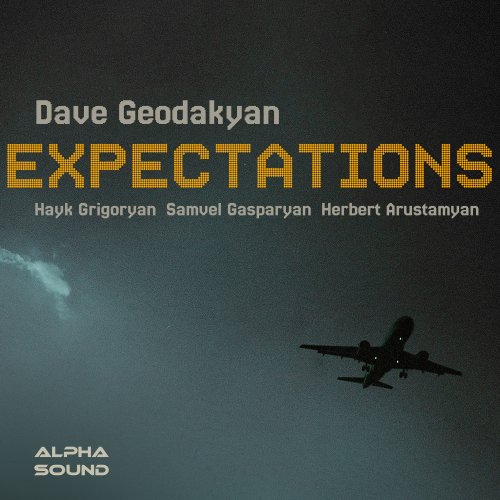
![Mick Rossi - Songs from the Broken Land (2024) [Hi-Res] Mick Rossi - Songs from the Broken Land (2024) [Hi-Res]](https://www.dibpic.com/uploads/posts/2025-12/1766399499_592x592.jpg)